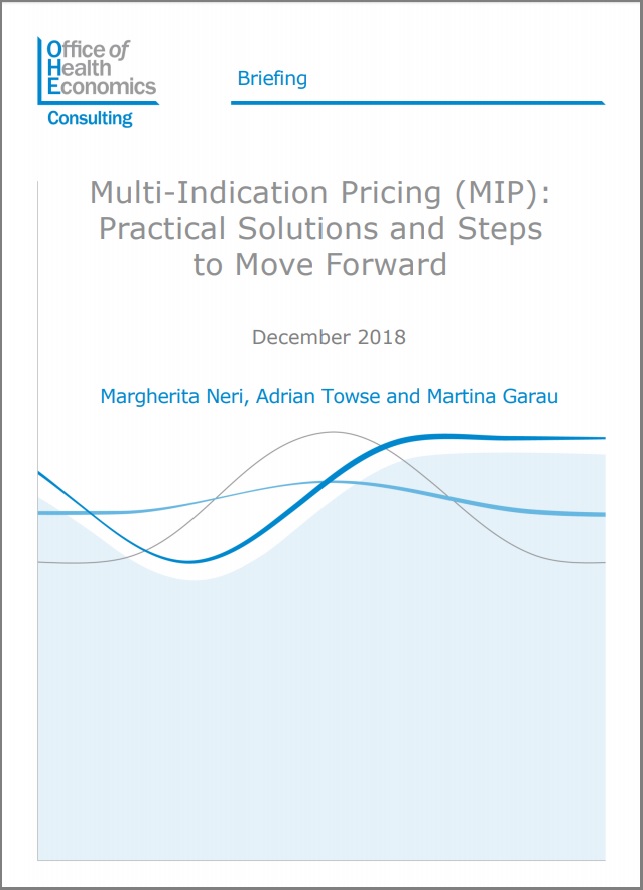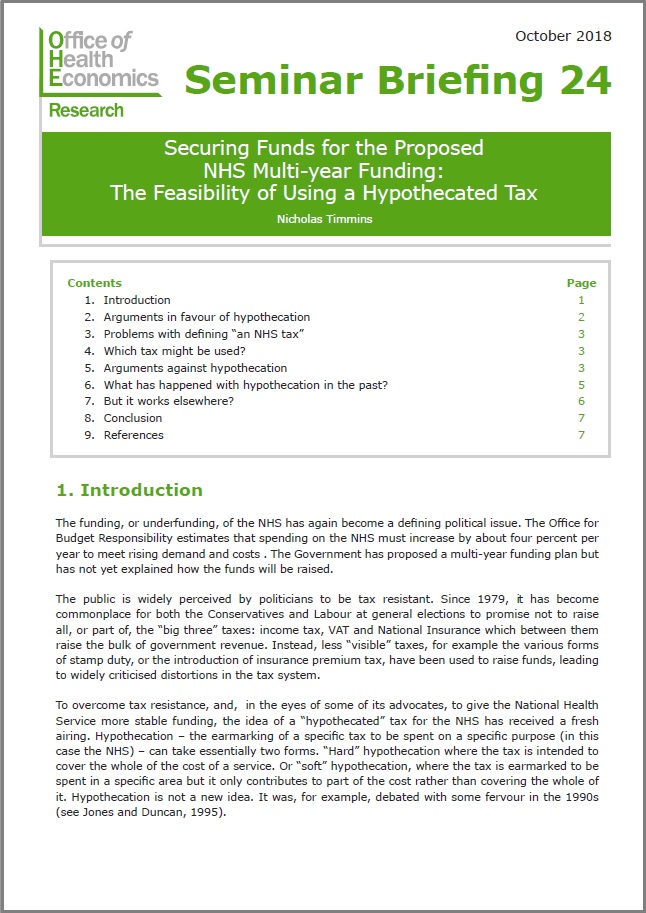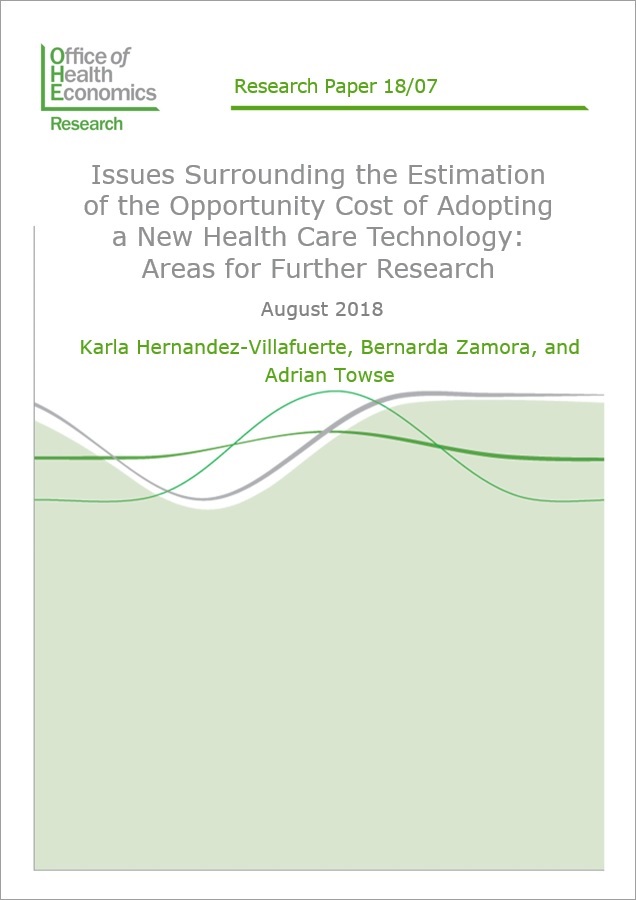Sign up to our newsletter Subscribe
Multi-Indication Pricing (MIP): Practical Solutions and Steps to Move Forward

Sign up to our newsletter Subscribe


This OHE Consulting Report reviews “Estimated costs of production and potential prices of medicines for the World Health Organization Essential Medicines List” (Hill et al., 2018) in which the authors argue for “greater transparency in drug pricing” and propose generating estimates of the cost of manufacturing essential medicines to inform negotiations on drug pricing.
An error has occurred, please try again later.
This website uses cookies so that we can provide you with the best user experience possible. Cookie information is stored in your browser and performs functions such as recognising you when you return to our website and helping our team to understand which sections of the website you find most interesting and useful.
Strictly Necessary Cookie should be enabled at all times so that we can save your preferences for cookie settings.
If you disable this cookie, we will not be able to save your preferences. This means that every time you visit this website you will need to enable or disable cookies again.
This website uses Google Analytics to collect anonymous information such as the number of visitors to the site, and the most popular pages.
Keeping this cookie enabled helps us to improve our website.
Please enable Strictly Necessary Cookies first so that we can save your preferences!